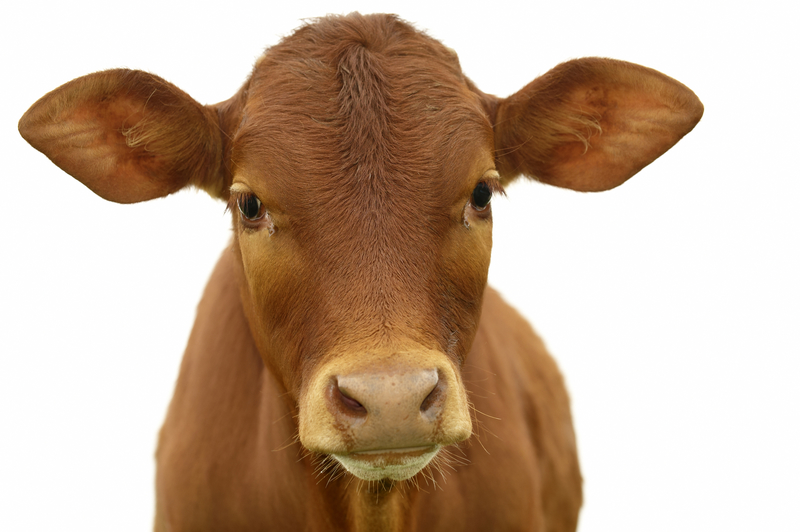Ice cream production and contact with calves has been stopped while investigations continue into an E. coli outbreak in Iceland, according to one of the owners of the farm.
A cluster of Shiga toxin producing E. coli (STEC) O26:H11 infections have been traced to the tourist attraction Efstidalur II farm in Blaskogabyggd in the south of the country.
The 19 ill children are aged between 14 months and 12 years old and at least three have developed hemolytic uremic syndrome (HUS), a severe condition associated with E. coli infections that causes kidney failure.
Officials from the Directorate of Health urged anyone who visited the farm between June 10 and July 4, and developed diarrhea within 10 days, to contact a doctor and be tested for the bacterium.
Calf enclosure shut
Björgvin Jóhannesson, one of the owners of the business which is run by four families, told Food Safety News that it has been sending samples to the health department and authorities and E. coli has not been found in products from the farm.
“The source they found is on the property just outside the restaurant, because it is connected with the cow house, there were three baby calves where the guests could see and pet them. The baby calves have their separate area with an open door. They found the E. coli in this area where the baby calves were and their feces. This area is just next to the entrance so there is a big share of guests who are in contact with them,” he said.
“On July 4 when they made the discovery we closed it so there is no chance for the guests to be in contact with the baby calves. Since then there have been no new infections, only cases before that in June. We cleaned it and don’t plan to re-open yet until we discuss with authorities and find some solution so it will be 100 percent safe. Maybe it will be where people can see but not be in contact with them but at the moment it will be closed for safety.
“At this same point we took our products like the ice cream, because most of the people that were infected were related to the ice cream, we stopped our production and now we are selling ice cream from another company just to be safe. We are continuing with production but not selling it. We are doing it to send samples to make sure that everything is clean and the samples we have been sending are all negative for E. coli.”
Testing of ice cream did not find the outbreak strain but samples were not from the same batch as the children had eaten. The E. coli strain that infected the children was detected in feces from calves.
The site was originally a farm and has been in the same family for at least five generations. It started about 20 years ago with a small accommodation and horse riding for tourists. Now it has 15 rooms for guests. In 2014, the family opened the restaurant offering local products with meat, cheese, skyr, and ice cream from the farm. Skyr is an Icelandic cultured dairy product eaten like yogurt.
Handwashing advice
Jóhannesson said it was doing everything in cooperation with the Icelandic doctors and health departments who are giving the farm information and directions which it is following.
“We believe we have high standards of production, we try to make sure everything is clean and to avoid all chances of everything getting into the food. Probably that is why all samples of the food are negative but we tell people how important it is to clean if you are in contact with the animals, before you eat the ice cream you have to wash your hands,” he said.
“All our staff members are following procedure and high hygiene standards. But of course when this happens we are checking all our measures and procedures and improving standards as we want to avoid anything like this happening again.”
The farm didn’t test specifically for E. coli in the past but no previous issues had been recorded, according to Jóhannesson.
“During the years we have been examined by the health department and all results have been good so far. We have been following all the rules during that time. This year the tests that have been run, the bacteria that was discovered in the people, has never been found in our food products. We have sent samples in June but it is checked one week later and then we don’t have the products from that time. When we make the batch of ice cream it is 50 to 100 liters.”
Jóhannesson said business decisions on restarting ice cream production or animal contact can wait and sent his best wishes to those affected and their families.
“We are following the orders of the health department and want to make sure our products are 100 percent safe. We are just taking one step at a time at the moment, now is making sure all the people infected will get better as soon as possible. The next step in the business is something we will decide later, about continuing production of ice cream. We will take our decision in cooperation with the health department.”
(To sign up for a free subscription to Food Safety News, click here.)

